Basketball is a great way to stay active and have fun while doing it. You can play with friends, colleagues and even join a random game in the street. However, when your knees hurt after, should you be concerned? How can you stop it from happening again? Let’s find out.
Contents
Why do my knees hurt when I play basketball?
Many factors can contribute to knee pain after a basketball game. Sometimes, it’s due to the lack of preparation or movement mistakes. Regardless, these are some of the common reasons why you experience hurting knees after a hoop:
- Sprains. Knee sprains occur when the ligaments, fibrous tissues, and knee joints are injured. Usually, it happens after intense activity, where the knees are overused without periodic resting.
- Stress. Knee stress happens after excessive running. Sprinting is a crucial part of the basketball sport, so it’s no wonder many players experienced it.
- Injuries. Sudden or wrong movements can lead to injuries. In a hoop match, unexpected falls, drops, and bumping to other players or objects in the court are likely to happen no matter what. In this case, there’s nothing that you can do other than reducing the impact by quick reflexes or body conditioning.
- Tears. Knee tears are another cause of pain. Common examples of these are Meniscal, PCL, and ACL tears. The reasons are often sudden direction changes or stops when running and false landing.
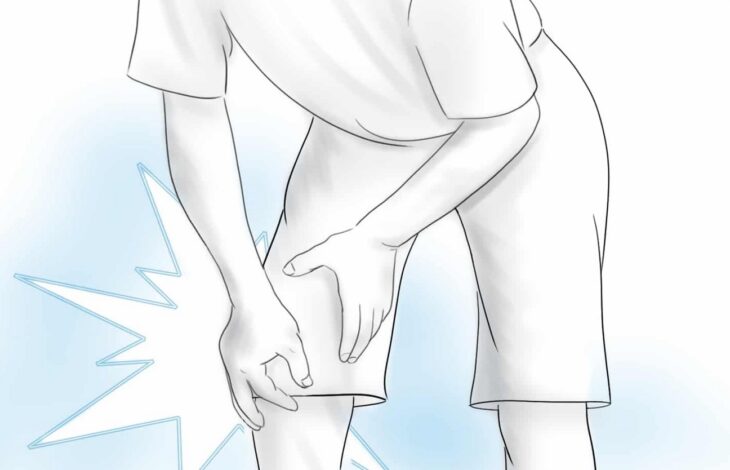
Source: Howard Luks, MD
Does basketball ruin your knees?
An expert from KneeForce.com says “Many retired players with a lot of game time seem to be doing well in the end. However, numerous athletes had endured injuries several times, even on their early career days.”
Concluding that basketball or other games can ruin knees is not ideal. Yes, some sports are likely to cause injuries more than others. However, with fit preparation and preventions, one can lessen the chances of pain and damage from injuries.
Basketball is an excellent form of exercise that one can enjoy while doing. Yet, there are disadvantages of the sport as opposed to other games. The game methodically requires people to sprint from each other, so expect sudden jumps, brakes, turns, and spins. Although there are many ways of doing these movements safely, there is still a high chance of having injuries, pain, and sprains.
Luckily, there are ways to protect knees from hurting. Few examples would be exercising, preparation, warmups, and rests. Though not guaranteed to prevent injuries, these can contribute to a better state after games.
How do I stop my knees from hurting when I play basketball?
Playing basketball sure is fun. However, hurting knees can take away the enjoyment and affect your performance. Fortunately, there are ways to prevent and aid knee pain; some are the following:
Stretching
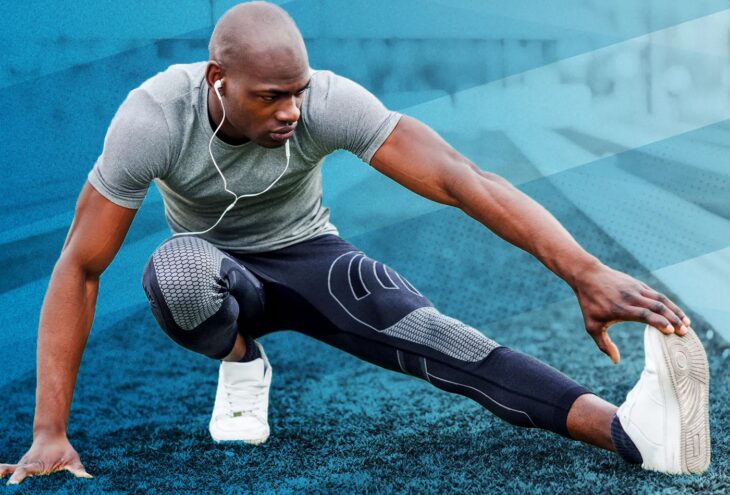
Source: GQ
Stretching is beneficial for healing knee pain and conditioning before or after the game. Stretching can improve your lower body parts, including the knee. Consequently, this should help prevent or remedy hurting.
Several stretching suited for basketball are the following:
- Calf and heel stretch. Place one foot on the ground and extend the other while flexing the toes on a suspended board.
- Hip stretches. Stand in one place while bending the hips in different directions. It can help improve your lower body performance, thus, helping with knee pain prevention.
- Knee bending with a strap. Lay down vertically while stretching both thighs with a band.
Warmups
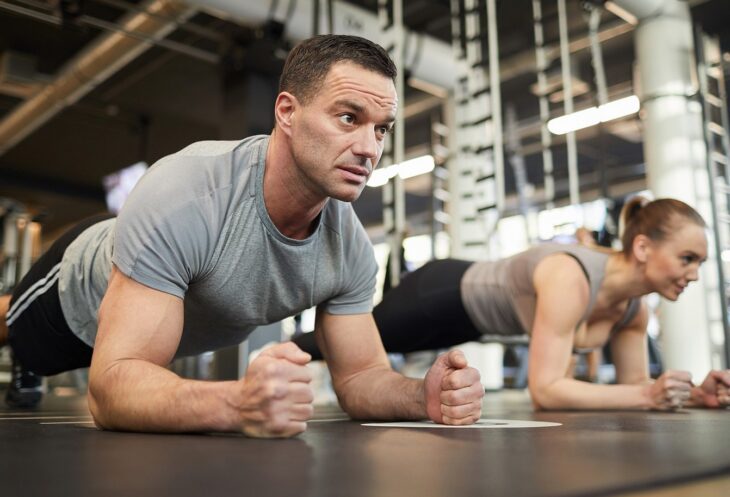
Source: Elite Medical Center
Warming up before a game can reduce the chances of pain afterward. Think of it like cranking up your car engine before going on a trip. Similarly, warmups can also prepare your body for the physical activities you’ll perform.
In basketball, warmups can be similar to that of exercises. However, on teams, most coaches or trainers require players to undergo specialized game preparation.
Stationary jumps
Another thing that can cause knee pains is the incorrect way of jumping. Jumping without the knees tracking above your toes or you’re not using your hip is not a good practice. These false movements can cause injuries, sprains, and many others.
What you can to correct this is by performing stationary jumps. Stand, maintain distance between both feet, and point knee forward. Position your hips backward and jump. Repeat at least 20 times.
Massage
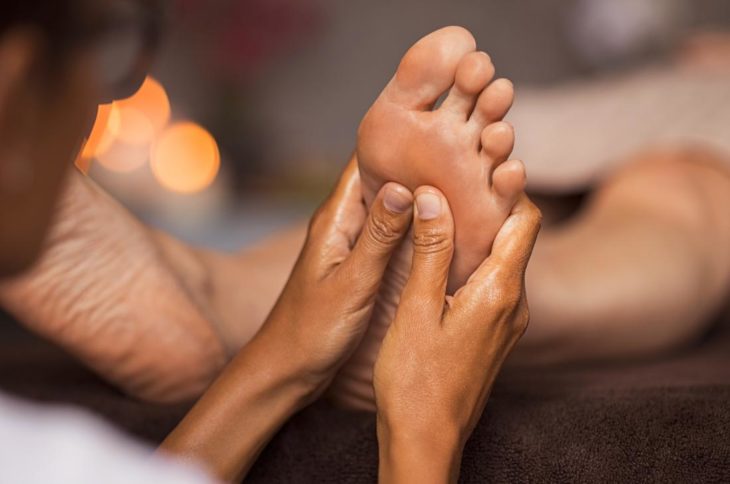
Source: medicalnewstoday
Professional players have access to therapy services, so it’s easier for them to treat knee pain. Nevertheless, you can still massage your knees to relieve tension and stress. There are tons of explainers and video guides online, so the proper way of doing so isn’t that hard.
Periodic rests
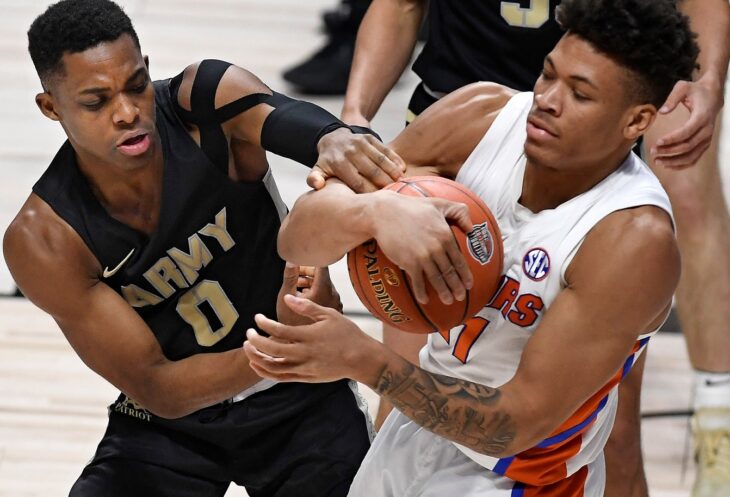
Source: Fortune
Resting in a match is beneficial for performance and safety. When conditioning on the bench, the body can build up energy to play again. Contrarily, nonstop game time can deteriorate your performance. In the end, your body will thank you for being patient and doing periodic rests.
Sound judgment
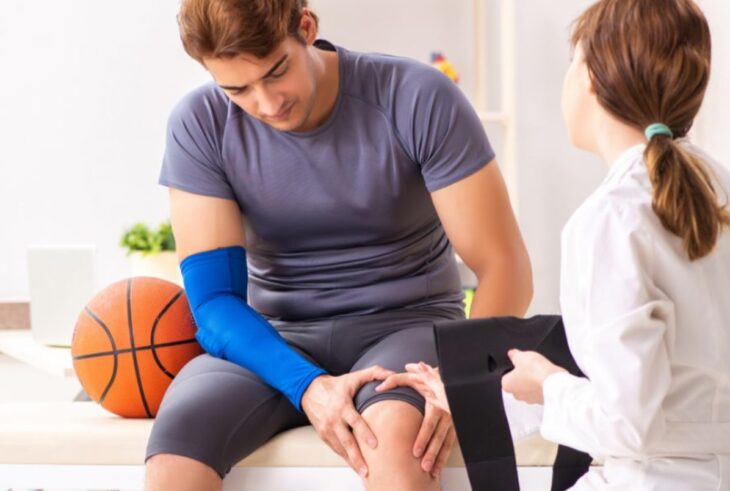
Source: EmergeOrtho
The mind is more wondrous than the body. The ability to think soundly during matches is exceptional. Decisions play a massive role in winning and can save you from injuries. Quickly think if a movement is necessary and decide how to respond to unexpected events. Train your mind to react fast in certain situations; it will help you become a better player and improve your body’s functioning.
Related activities
How do I stop my knees from hurting when I exercise?
Like basketball, exercising is an excellent form of physical activity that can be both beneficial and harmful if not done correctly. Different parts of the body are affected when working out, including the knees. Luckily, there are ways to remedy hurting knees after routines; some are the following:
- Massage therapy
- Warmups
- Short breaks
- Planning of workout duration and intensity
- Wear suitable shoes
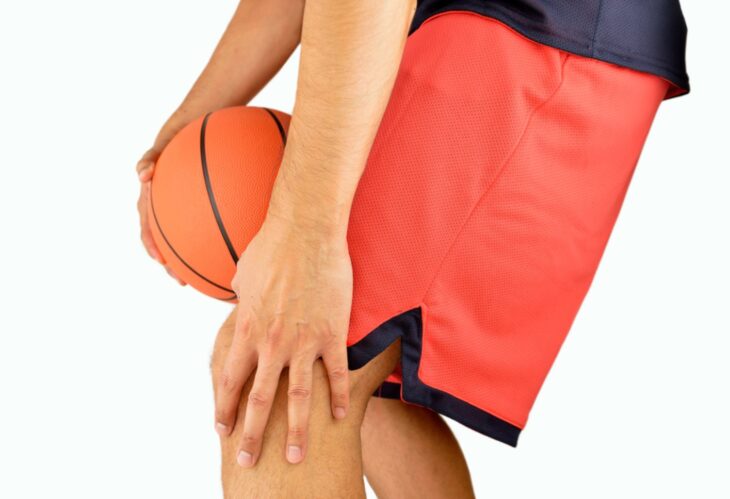
Source: Central Orthopedic Group
How do I stop my knees from hurting when I dance?
Even though dancers aren’t athletes, they can also experience knee pain. Since they move a lot, it seems they’re like playing sports. Regardless, some of the ways to treat knee pain after dancing are the following:
- Squats
- Hip stretches
- Leg steps
- Knee bending
- Stretching
Play without worrying
There you have it, our guide on preventing and healing knee pains in the game of basketball. No matter what sport you play, your health and safety are still more important than winning. Competitiveness contributes to success, but it’s necessary to take care of your body too. If you learned something today, we couldn’t be happier. Until next time, we wish you the best!
